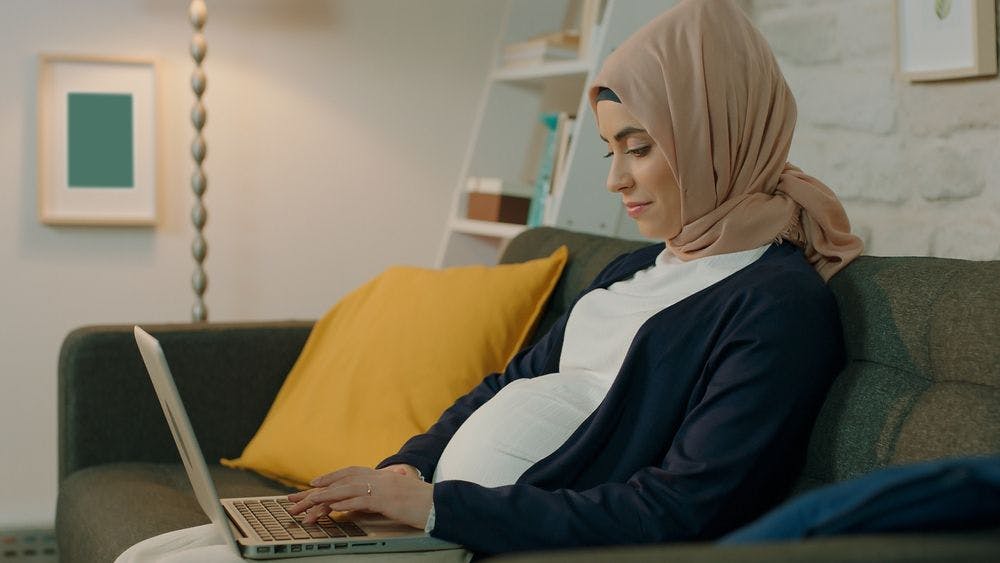What is pregnancy stigma and how is it impacting expectant mothers?
updated on Oct 7, 2022

One in four expectant mothers are reluctant to share their pregnancy news for fear of the stigma that they may face
The discovery of a pregnancy is often a cause for joy and celebration as parents look forward to the start of a new chapter of their lives. But among the happiness, a study from Culture Shift, a platform for reporting bullying and harassment, has found that one in four expectant mothers are reluctant to share their pregnancy news, due to a fear of the stigma that they may face in the workplace – with the figures rising to nearly half of women who had been in employment for less than six months when they found out they were pregnant.
And the fears aren’t unfounded. 21% of survey respondents know someone who had faced maternity discrimination at work, and 12% have experienced it themselves.
Sources of stigma and discrimination highlighted in the survey included:
- Feeling like their colleagues were talking about them behind their back
- Believing their employer no longer recognised their good work
- Not being invited to team socials
- Hours were reduced when they shared they were pregnant
- Not being included in team meetings
All these things come together to create an anxiety-inducing and uncomfortable environment, at a time when support is needed the most.
“It’s particularly concerning to see that for one in 10, the perpetrator is their manager, the very person employees should be able to confide in when they are in a challenging situation and who is meant to be setting an example for fellow colleagues,” says Gemma McCall, CEO at Culture Shift.
“Having a child is a huge moment for parents and affects so many aspects of their life. Expectant mothers already have a lot to contend with as they prepare for the arrival of their little one and they shouldn’t have to be subjected to such behaviour which can lead to unnecessary stress and anxiety. Not only this, but facing maternity discrimination can make expectant mothers feel incredibly isolated. Being pregnant should be an enjoyable experience for mothers, and they shouldn’t be exposed to such negative behaviour in their place of work.”
What can I do if I’m experiencing pregnancy stigma or discrimination?
By law, an employer must not discriminate against someone because of their pregnancy, because of an illness related to their pregnancy – including related time off – or because of maternity pay or leave that they are taking or plan to take. And this law applies regardless of how long the individual has been in employment.
Some examples of discrimination include dismissal, not offering them a job, changing their pay, forcing them to work on maternity leave, refusal of job training or promotion opportunities, reduction in hours, pressure to resign, or failure to remove health and safety risks at work – and this applies throughout pregnancy, and until the end of maternity leave.
For information and guidance, you can get free advice from maternityaction.org.uk
But while more obvious discrimination can be challenged by the law, subtle stigma is rife, and it’s forcing expectant mothers to make difficult choices, like hiding their pregnancy for long periods of time.
“Our research has shown that maternity discrimination is a problem workplaces need to tackle, but it is good to see that there has been some improvement in the last six years,” says Gemma. “That said, for too many women maternity discrimination is still a reality. Employers need to ensure that they are fostering a supportive community where expectant mothers still feel valued for the contributions that they are making to the business.”
If you need to speak to someone, connect with a professional counsellor using the Counselling Directory

